For developers and makers getting started with augmented reality, Intel is lowering the barrier to entry for its RealSense line of sensors.
On Tuesday, Intel revealed the RealSense SR305, a short-range depth sensor available for pre-order at just $79.
- Don't Miss: Mimesys Brings Its Version of Augmented Reality Video Calling to Magic Leap via Intel RealSense
The SR305 uses a coded light method of depth sensing. The module projects a light pattern into the environment and tracks changes in the pattern to measure depth within a range of 1.5 meters via a single RGB camera (the coded light method works best indoors).
By comparison, Intel's existing stereo depth sensors employ a stereo IR sensor along with an RGB camera for depth perception with a range of 10 meters and indoor and outdoor capabilities. The RealSense D435i retails for $199 but includes an inertial measurement unit (IMU) for six degrees of freedom motion tracking. Alternatively, the D435 sells for $179 without an IMU.
While the SR305 is limited in range and use, the lower price point makes it ideal for AR development beginners on a budget. Moreover, the sensor is compatible with the RealSense 2.0 SDK, so developers can still work with their apps as they graduate from the SR305 to a sensor with greater capabilities.
The device, which starts shipping on July 29, comes on the heels of the RealSense T265, a module for inside-out tracking introduced earlier this year.
In the last year, Intel backed away from making an AR wearable, selling its smartglasses patents to North (a startup that Intel's venture arm has a financial interest in) upon its exit from the wearable space. Nevertheless, the company still plays a vital role in the AR industry by way of its RealSense sensors.
The combination of Intel's depth sensors and tracking modules allow the company to offer important tools to support the environmental understanding capabilities of a wide range of AR productions. Ultimately, Intel's sensors may turn out to have more of an impact on the AR industry than its smartglasses could have ever had as a standalone product.
Cover image via Intel







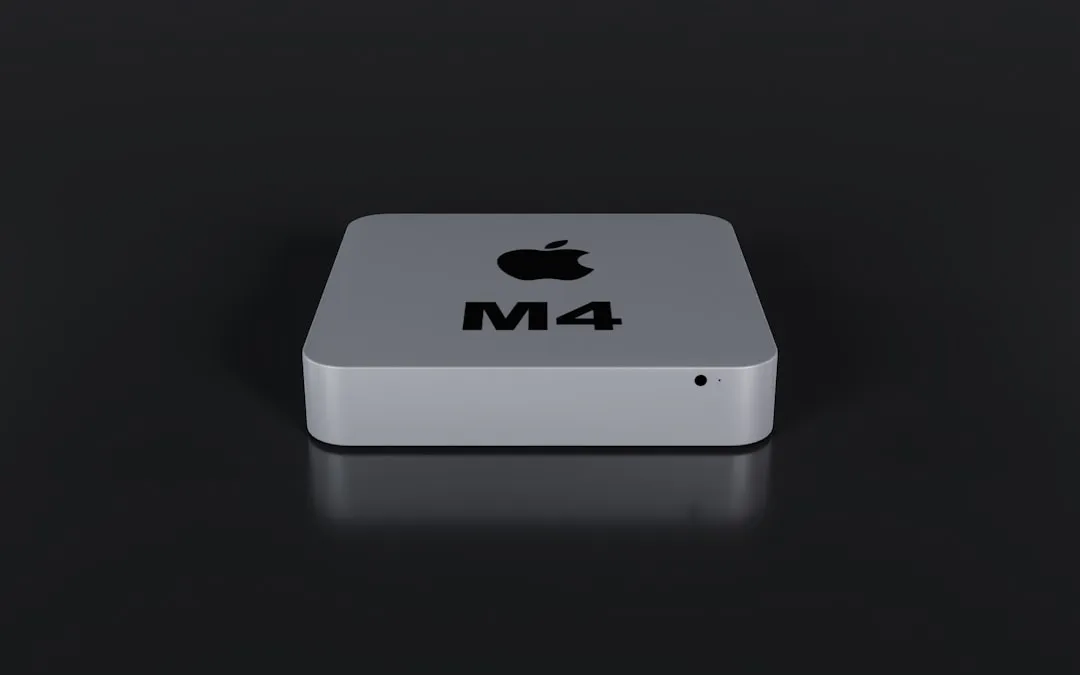
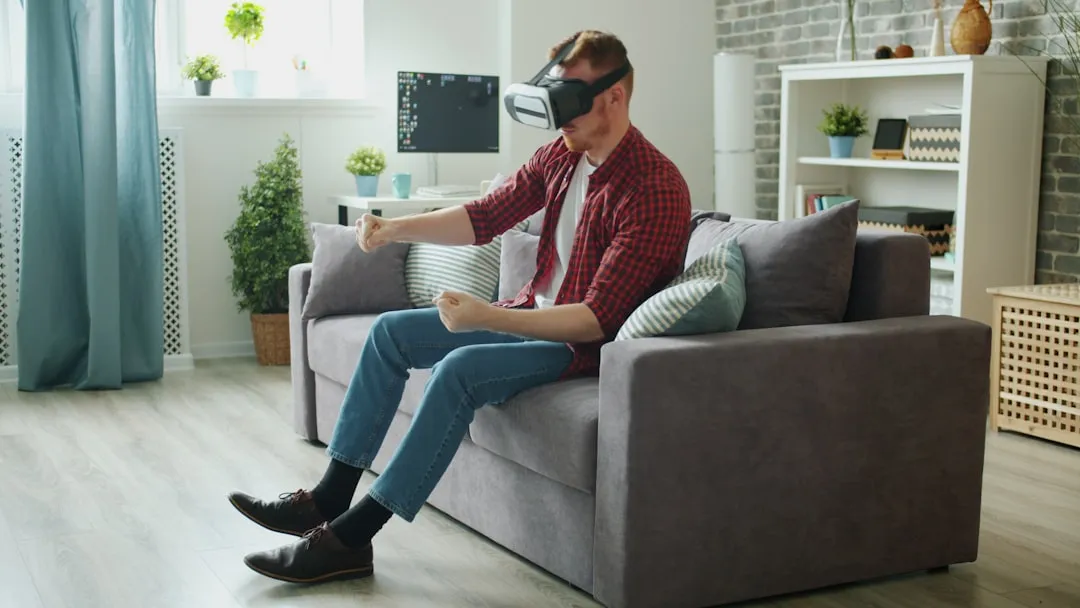

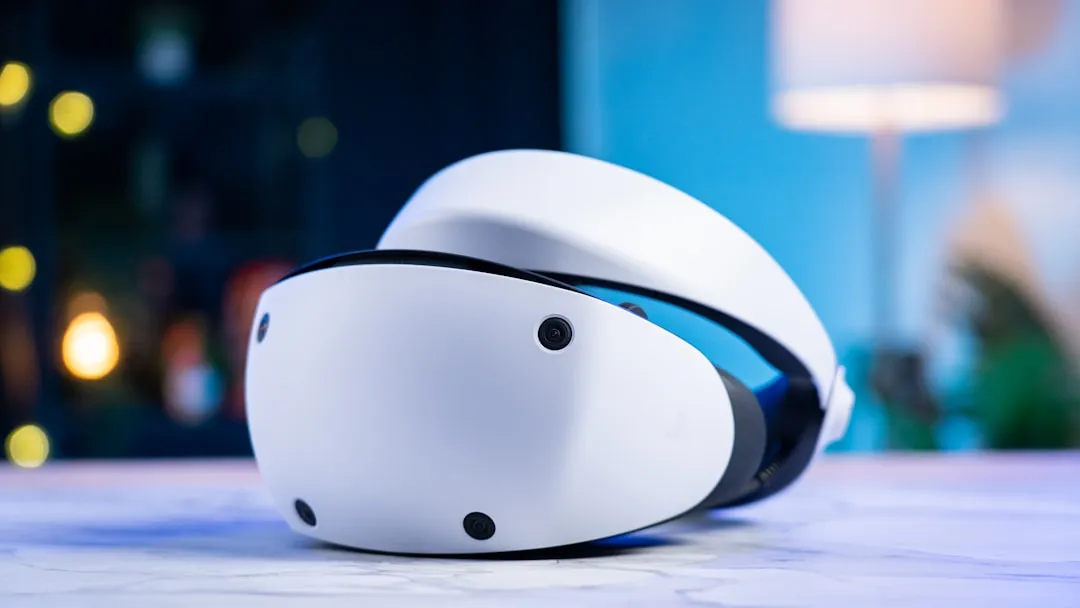


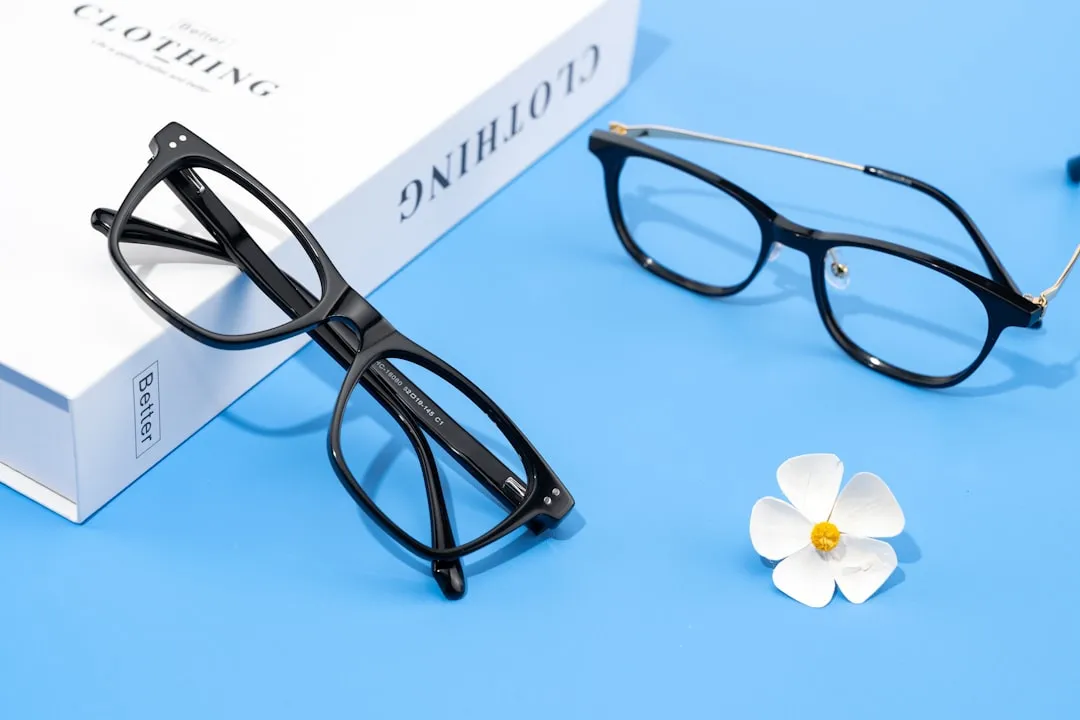


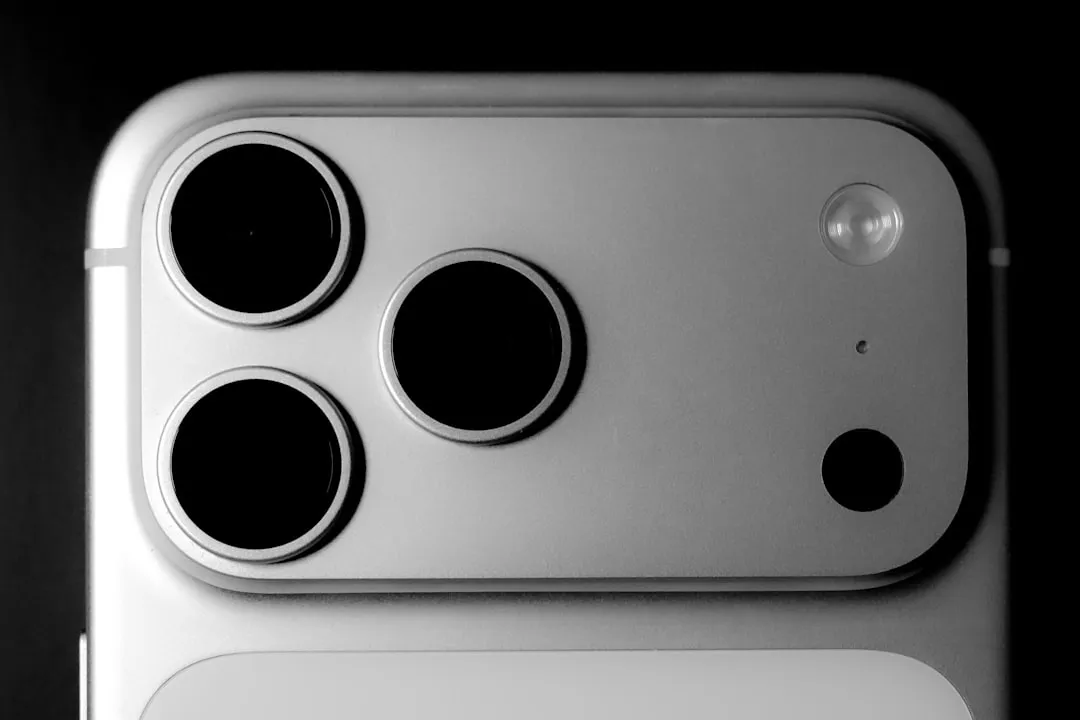










Comments
Be the first, drop a comment!